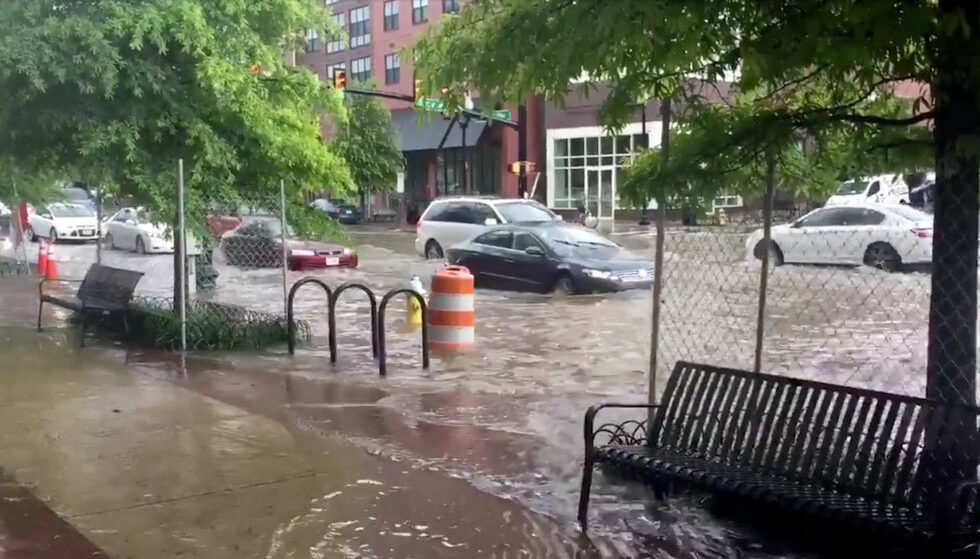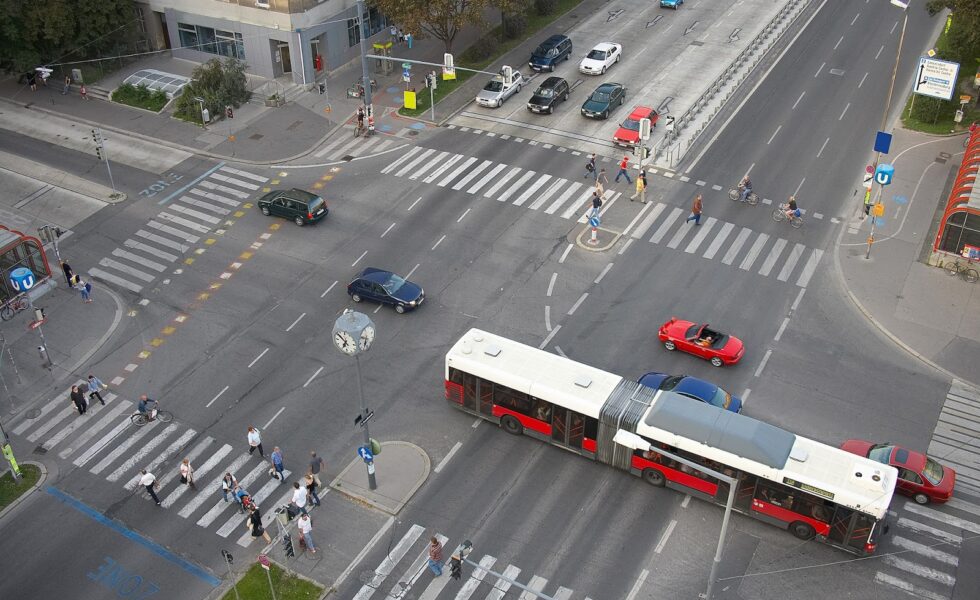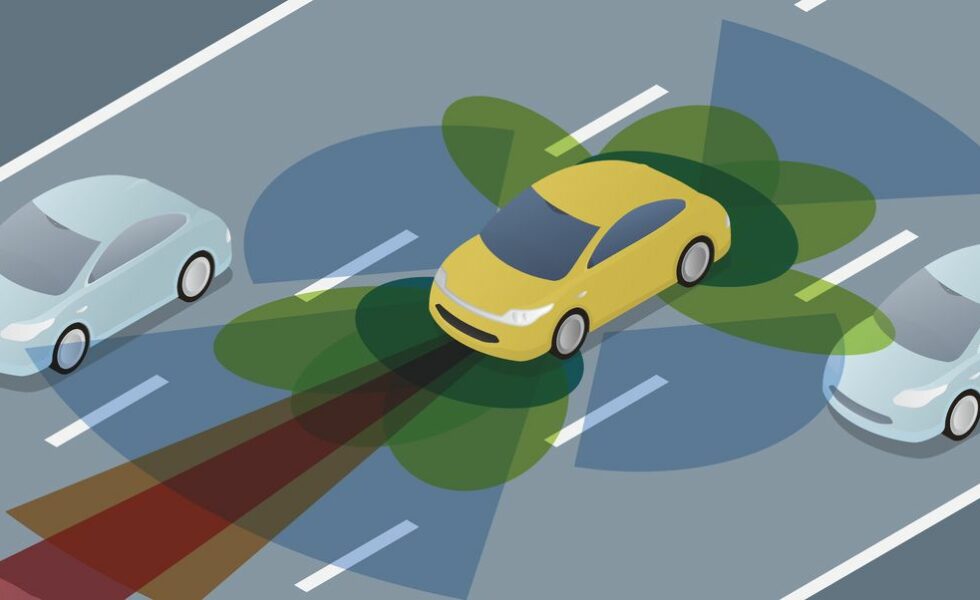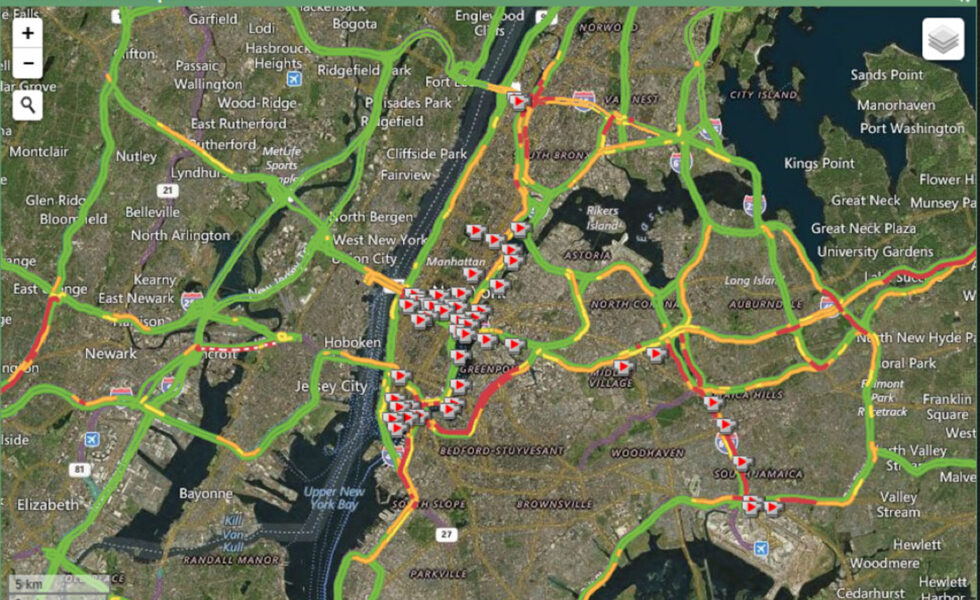Deployment and Tech Transfer of a Street-level Flooding Platform: Sensing and Data Sharing for Urban Accessibility and Resilience
This project aims to develop a platform to provide real-time, street-level flood information – including the presence, frequency, and severity of local surface flood events – to a range of stakeholders, including policymakers, government agencies, citizens, emergency response teams, community advocacy groups, and researchers.










